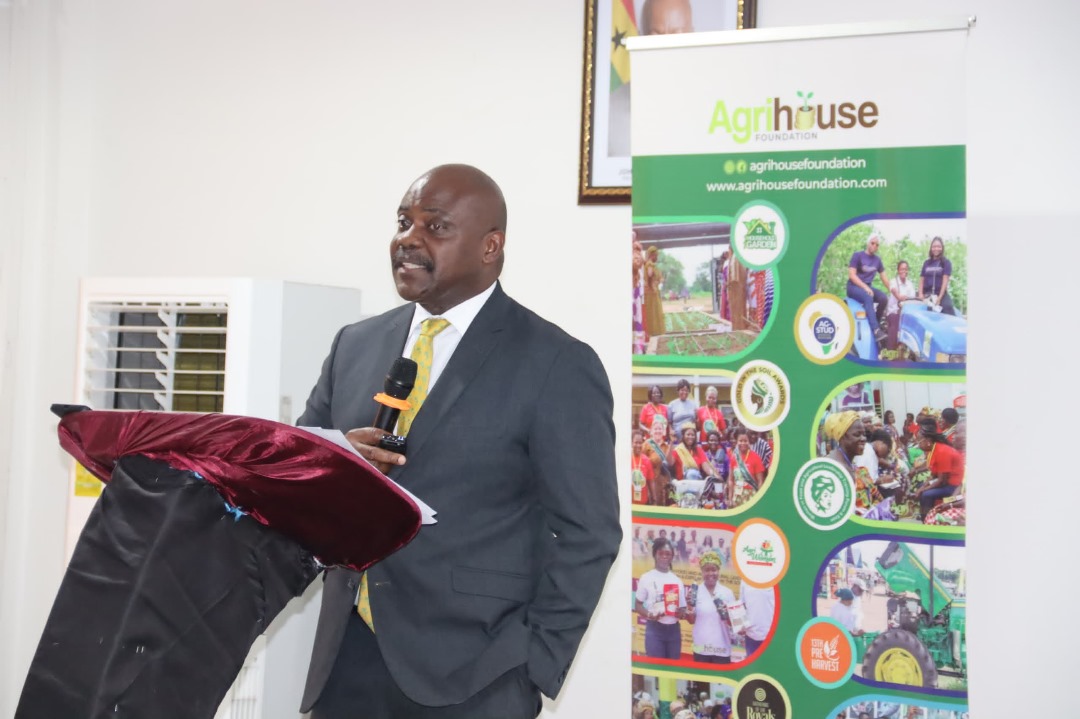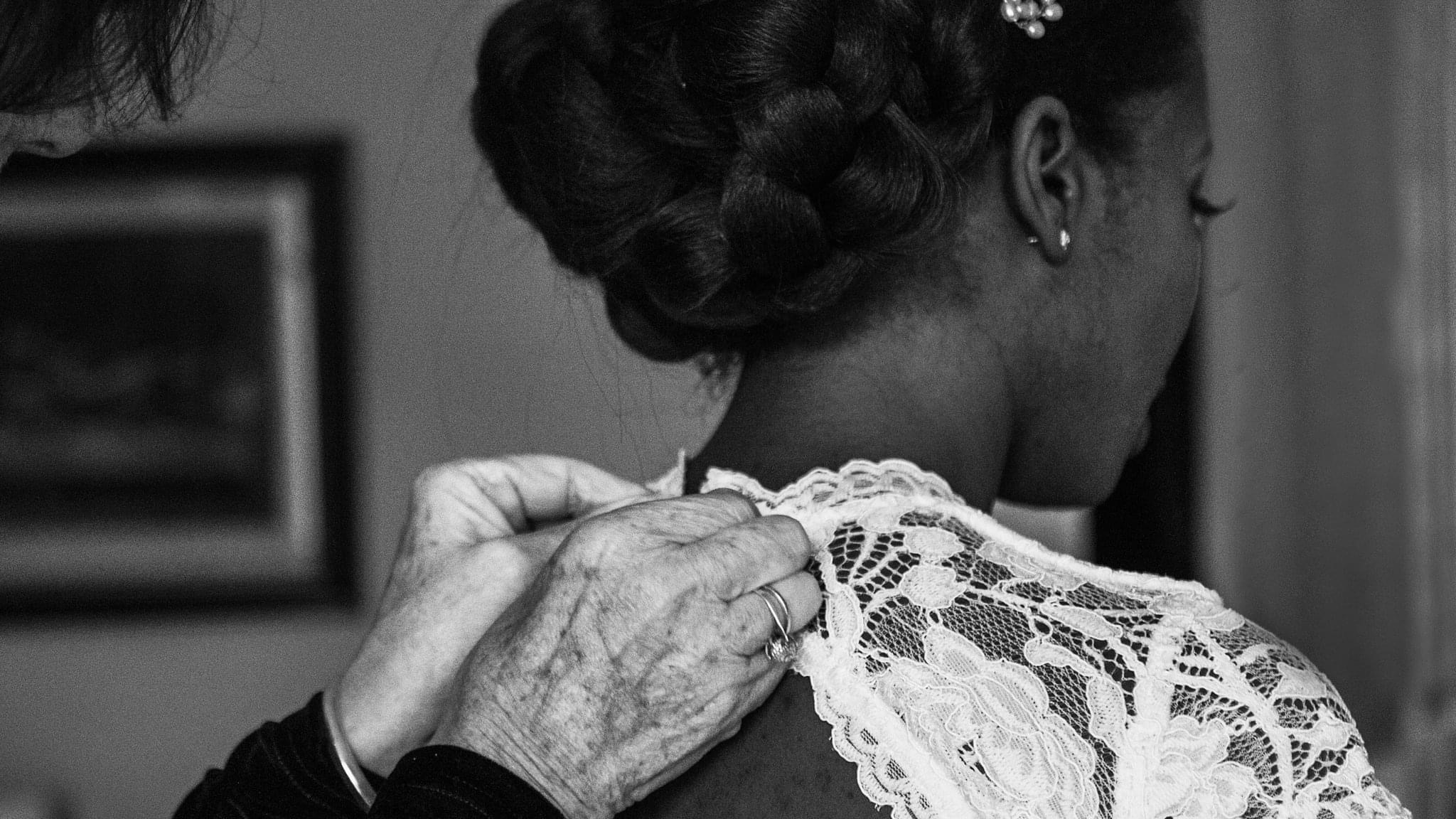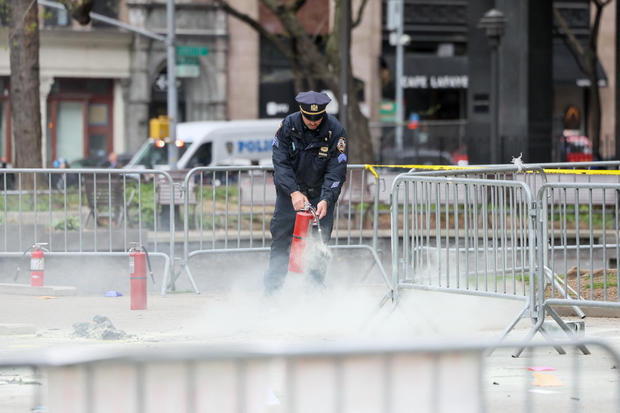In recent months, fire outbreaks have become alarmingly frequent in Ghana, especially in our commercial hubs like Adum and Kantamanto. While investigators comb through the ashes looking for answers, one truth stands out like a scorched wire: these fires aren’t random accidents. They are the result of years of electrical negligence.
According to the Ghana National Fire Service (GNFS), the culprits are painfully familiar, illegal power connections, cheap substandard materials, and faulty electrical installations. It’s not new. For more than a decade, electrical faults have been a leading cause of fire in the country. And despite laws like the Ghana Electrical Wiring Regulations (L.I. 2008) and various safety initiatives, enforcement is still playing catch-up. The result? Unsafe wiring, unlicensed electricians, and dangerous products remain rampant.
Now, let me put this into perspective.
As a British-Ghanaian electrician with over two decades of hands-on experience both in the UK and Ghana, I’ve seen the gap in electrical standards, and I’ve seen the consequences. But I also know we’re not doomed to repeat these mistakes forever. There are better ways, and Ghana can adopt them.
🛠️ What We Can Learn From the UK
In the UK, electrical safety isn’t optional. It’s embedded in strong regulations, independent oversight, and routine checks. Electricians are licensed, assessed, and held accountable. Every installation is documented. Every fault is traceable.
Take the Electrical Installation Condition Report (EICR), a legal requirement for landlords and businesses. It’s not just paperwork. It’s a life-saving practice that catches electrical risks before they turn into tragedies. Ghana needs to introduce similar mandatory audits, especially in high-risk places like markets, schools, and large office buildings.
Another glaring gap? Earthing. Or more accurately, the lack of it. In many buildings I’ve inspected in Ghana, proper earthing, a basic safety feature, is simply missing. It’s like skipping the brakes when building a car. The consequences are deadly.
And then there’s the matter of materials. The best electrician in the world is only as good as the materials they use. But in Ghana, counterfeit and low-grade cables, switches, and sockets are everywhere. Enforcement shouldn’t stop at the ports. We need routine market inspections and harsh penalties for retailers pushing dangerous goods.
🚨 Oversight Isn’t Optional — It’s Life or Death
Yes, we have regulations. But what we lack is consistent enforcement. Too many electricians still operate without licenses. Too many installations are never inspected. And too many public buildings, especially markets, are literal ticking time bombs. No audits, no rewiring, no safety compliance, just decades of wear and tear waiting to spark disaster.
We cannot afford to normalize this.
🔧 What Needs to Change Now
If Ghana is serious about ending the cycle of preventable fires, we need to move from reaction to prevention. Here’s what I propose:
Only Certified Electricians Should Work
The Energy Commission must tighten licensing and enforce penalties for rogue operators. Let’s make it easy to verify who is qualified and who’s not.
Mandatory Electrical Safety Audits
Markets, schools, apartments, offices, all should undergo periodic inspections. These reports should be submitted to local authorities and filed with the Fire Service.
Crack Down on Fake Electrical Products
Ports, shops, warehouses, nowhere should be safe for counterfeit goods. If it doesn’t meet Ghana Standards Authority benchmarks, it should not be sold.
Intensify Public Education
The GNFS and local authorities must take the lead in educating Ghanaians about spotting electrical hazards and demanding safe practices.
Empower Local Authorities
Equip MMDAs to inspect, enforce, and even shut down non-compliant buildings. Give them the tools and authority to act.
🧠 Responsibility Starts at Home
Government action is crucial, yes. But landlords, market managers, school heads, and homeowners, we all have a role. That buzzing socket, that burnt smell, that flickering light, these are not minor annoyances. They’re warning signs. Don’t ignore them.
Many Ghanaians are living and working in spaces wired by unlicensed hands using the cheapest materials available. In some markets, a single overloaded connection is illegally powering entire rows of stalls. One spark, and it’s chaos. We must demand better, for ourselves and for our communities.
⏰ No More Waiting for Tragedy
Ghana has made progress. But laws without enforcement are just good intentions collecting dust. It’s time to reframe electrical safety as a national development issue and a public health crisis. We need urgency. We need leadership. We need accountability, from top to bottom.
The time to act isn’t after the next fire. It’s now.
Let’s not wait for another catastrophe to wake us up.










.jpg)